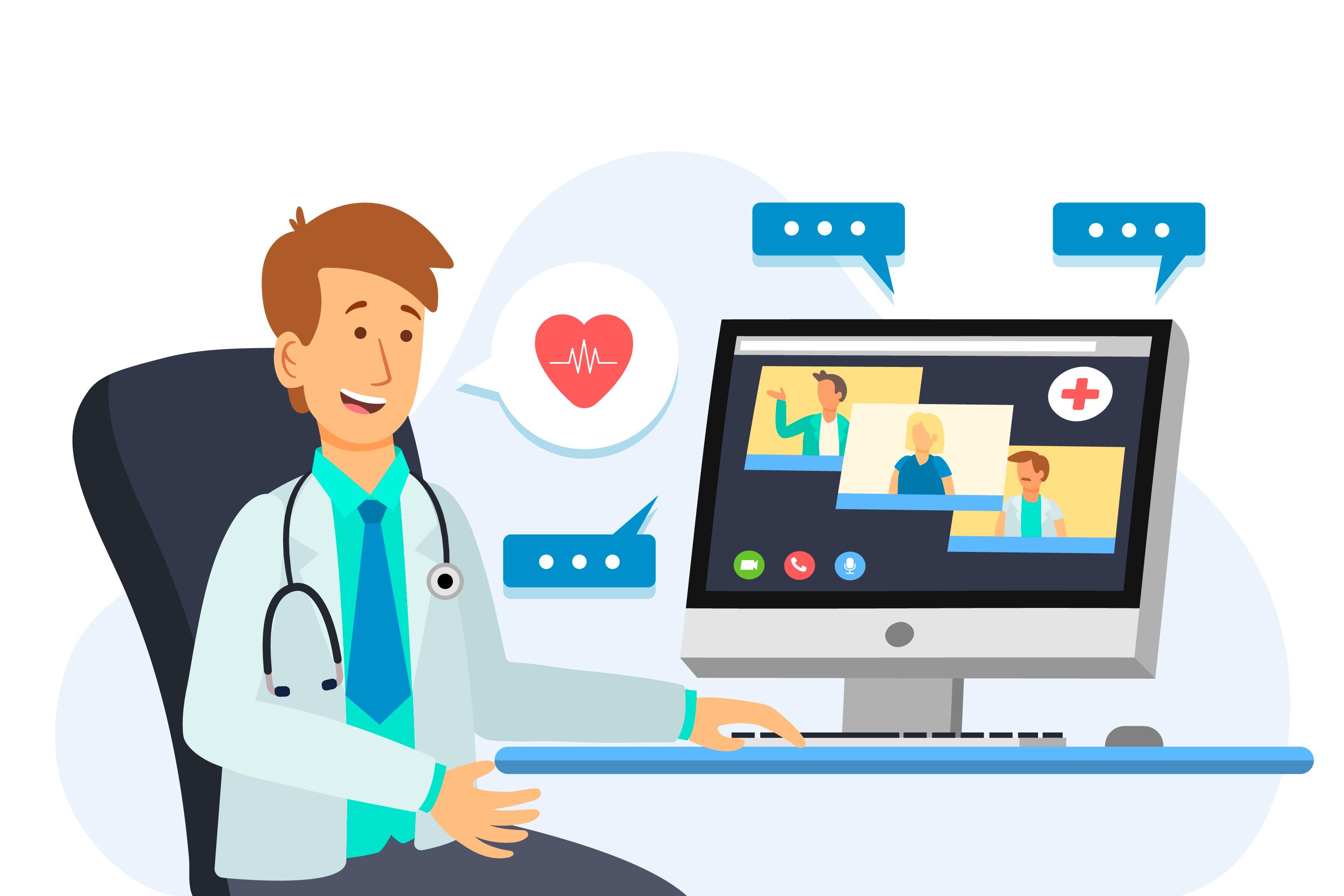Mental health struggles affect millions of people globally, and seeking appropriate support is a crucial step toward healing and recovery. Online counseling has become a vital resource, offering targeted assistance for specific mental health issues such as depression, anxiety, post-traumatic stress disorder (PTSD), and more. In this blog, we’ll explore how online counseling effectively addresses these specific mental health challenges, providing tailored support to individuals in need.

1. Online Counseling for Depression:
Depression is a pervasive mental health condition that can significantly impact a person’s daily life. Online counseling for depression provides a safe space for individuals to express their feelings of sadness, hopelessness, and despair. Therapists employ evidence-based techniques like Cognitive Behavioral Therapy (CBT) to challenge negative thought patterns and develop coping strategies. Through regular online sessions, individuals receive guidance and support to manage their symptoms, rebuild self-esteem, and find hope.
2. Online Counseling for Anxiety Disorders:
Anxiety disorders, including generalized anxiety disorder, social anxiety, and panic disorder, can be debilitating. Online counseling offers targeted interventions to help individuals manage excessive worry and fear. Therapists teach relaxation techniques, stress management strategies, and exposure therapies to help clients confront and overcome their anxieties. Through online platforms, individuals can access these therapies in a convenient and supportive environment.
3. Online Counseling for PTSD:
Post-traumatic stress disorder (PTSD) often stems from traumatic experiences such as combat, accidents, or abuse. Online counseling for PTSD focuses on trauma-focused therapies like Eye Movement Desensitization and Reprocessing (EMDR) and cognitive processing therapy. These therapies help individuals process traumatic memories, reduce the emotional impact of past events, and develop effective coping mechanisms. Online platforms enable individuals to engage in trauma-focused therapies from the safety and comfort of their homes.
4. Online Counseling for Eating Disorders:
Eating disorders like anorexia nervosa, bulimia nervosa, and binge-eating disorder require specialized treatment. Online counseling offers individuals struggling with eating disorders access to therapists experienced in treating these conditions. Therapists work with clients to challenge distorted body image, develop healthy eating habits, and address underlying emotional issues. Online platforms facilitate ongoing support and therapeutic interventions crucial for recovery.
5. Online Counseling for Substance Abuse:
Substance abuse and addiction often co-occur with mental health issues. Online counseling for substance abuse focuses on evidence-based therapies such as Motivational Interviewing and Cognitive Behavioral Therapy (CBT). Therapists help individuals explore the root causes of their substance use, develop coping strategies, and set goals for recovery. Online counseling provides a supportive environment for individuals to address their substance abuse issues and work toward sobriety.
In conclusion, online counseling has revolutionized mental health support, offering specialized assistance for various mental health issues. Whether it’s depression, anxiety, PTSD, eating disorders, substance abuse, or any other mental health challenge, online counseling provides individuals with access to experienced therapists and evidence-based interventions. Through these targeted approaches, individuals can find the support they need to overcome their specific mental health struggles and embark on a journey toward healing and recovery.
